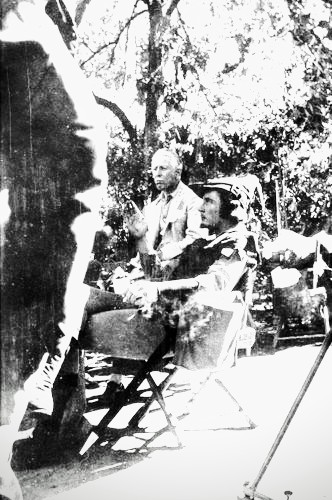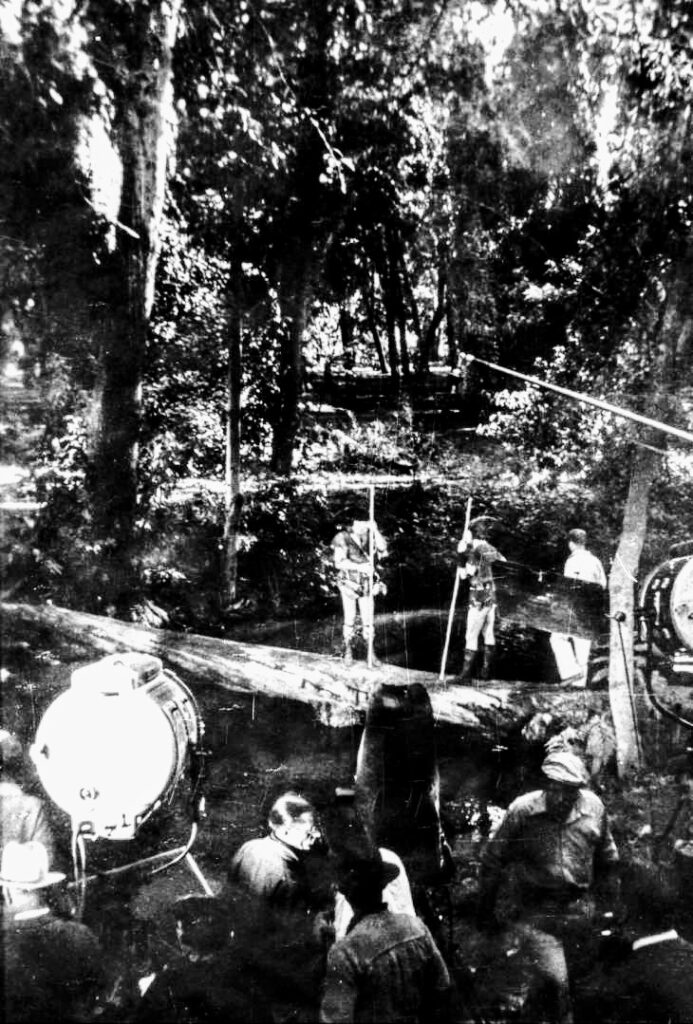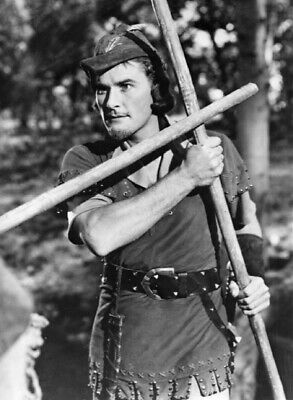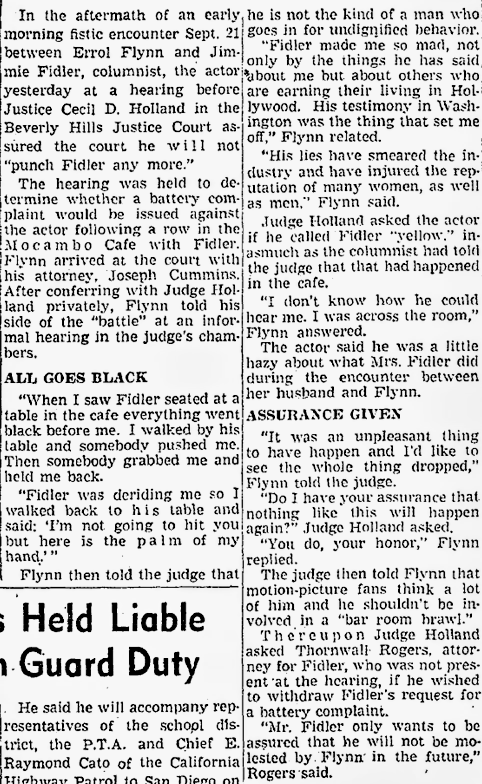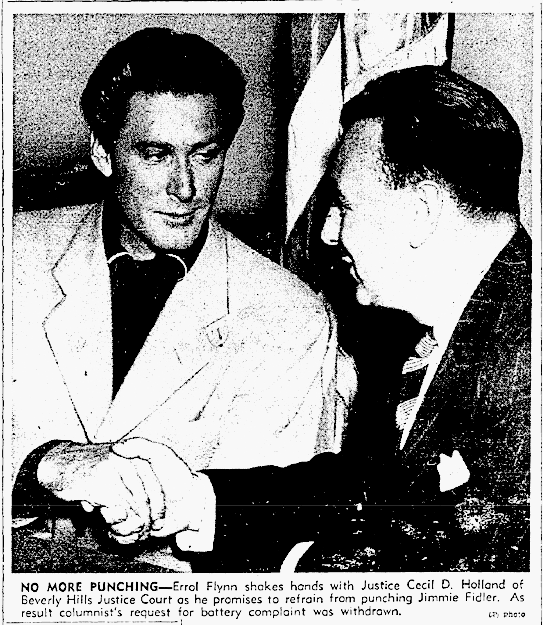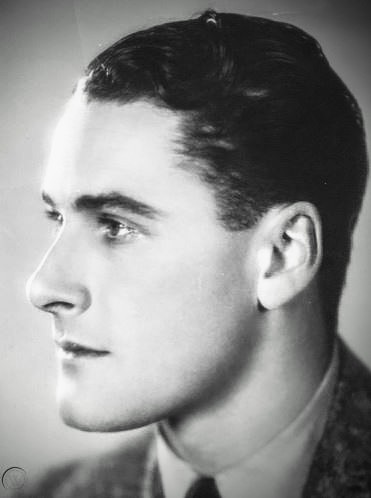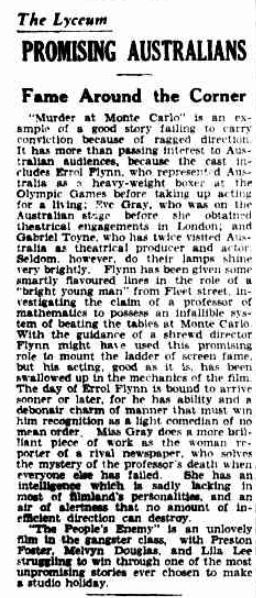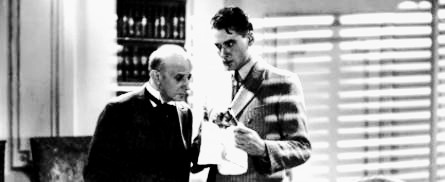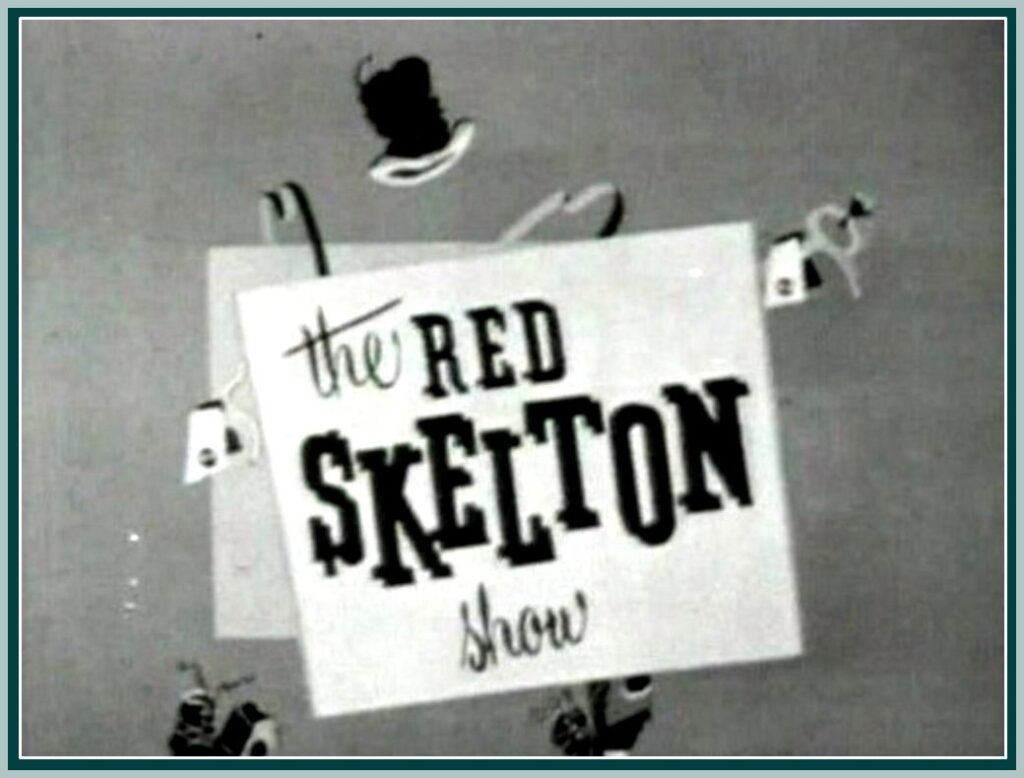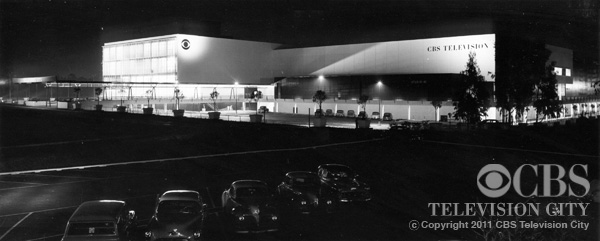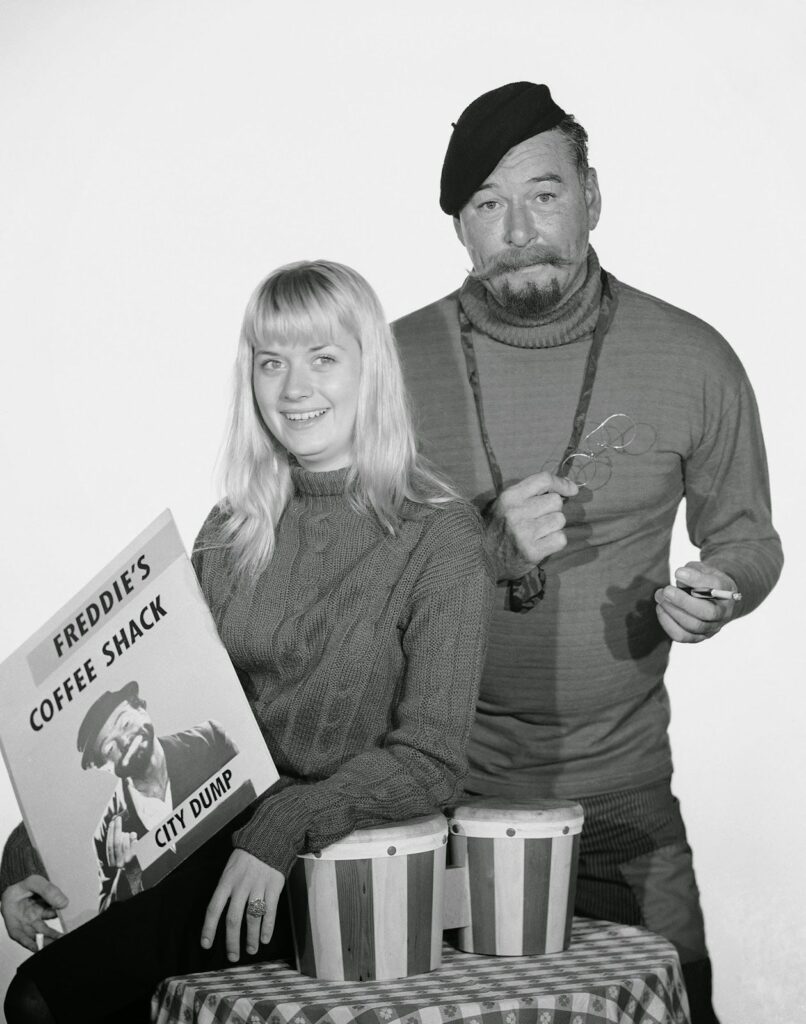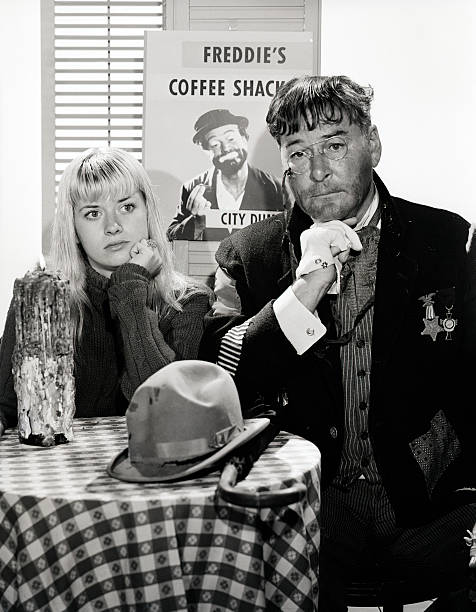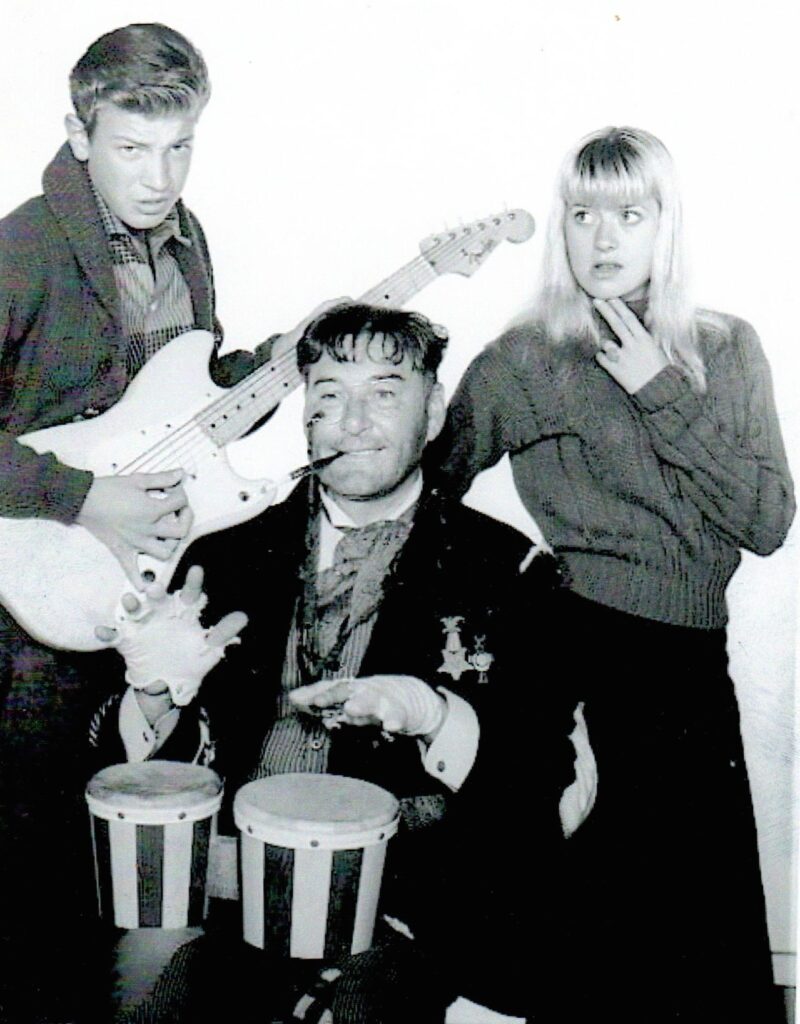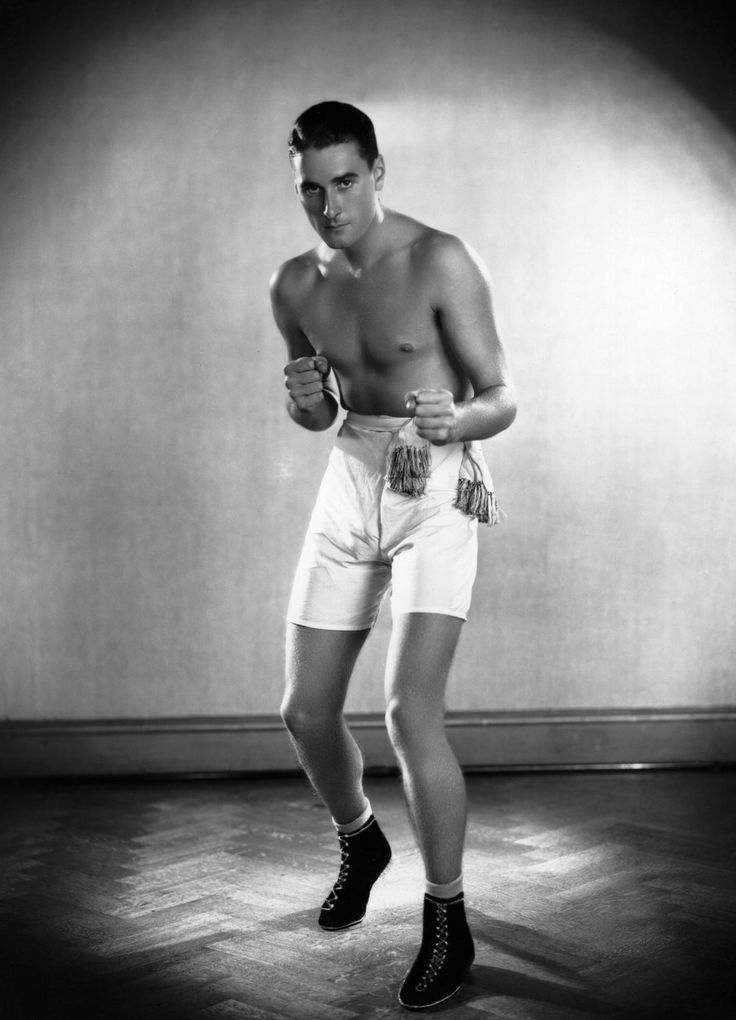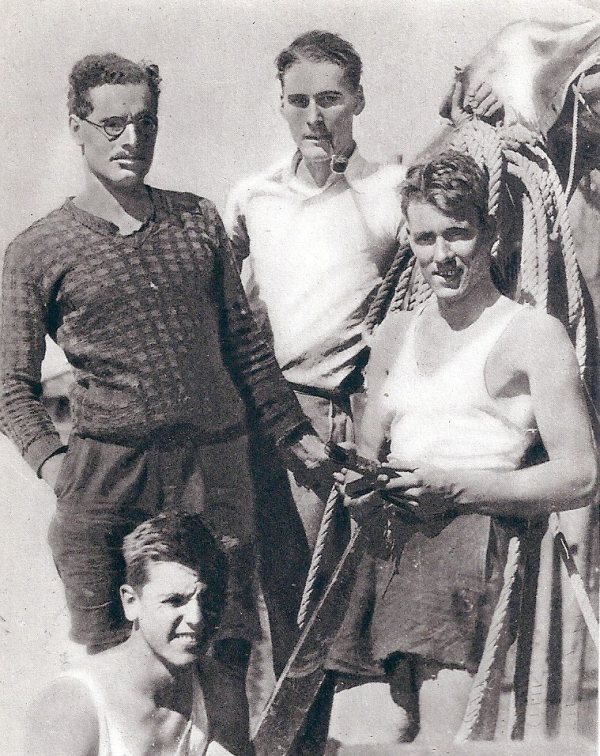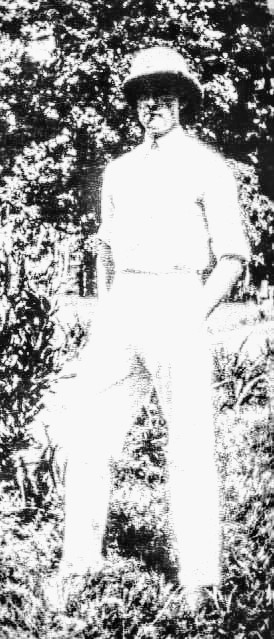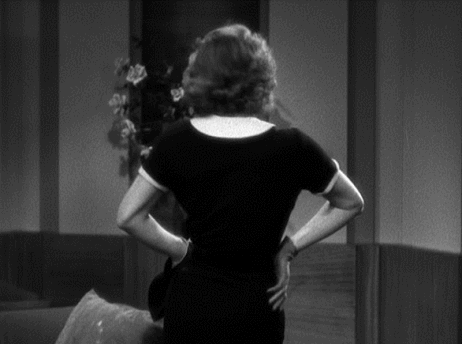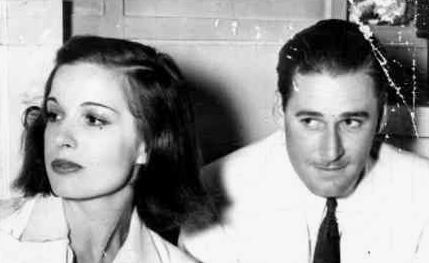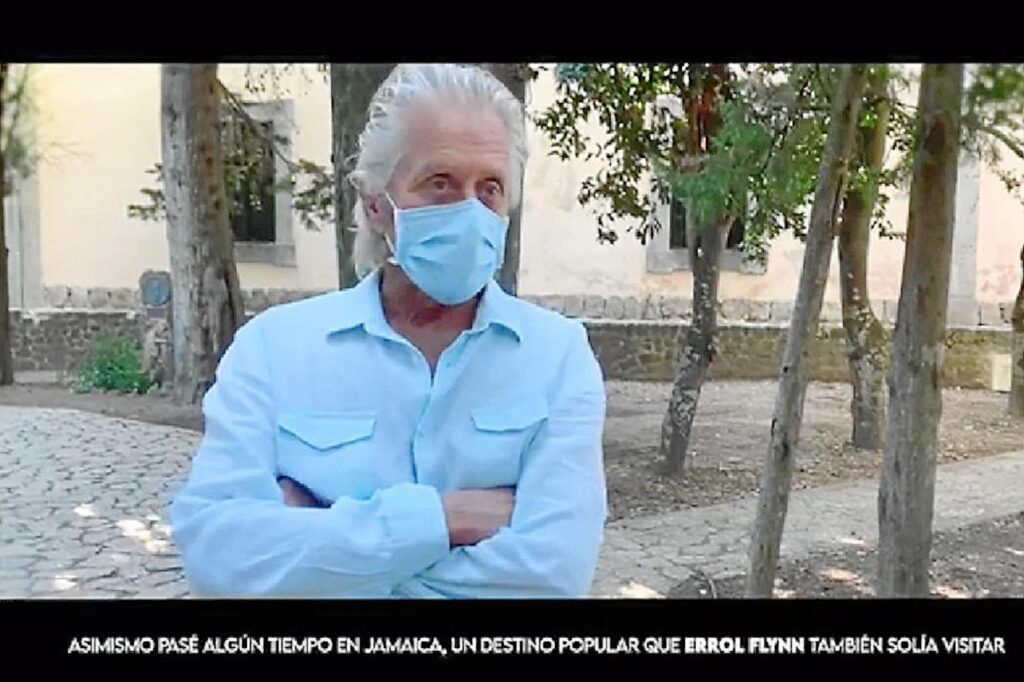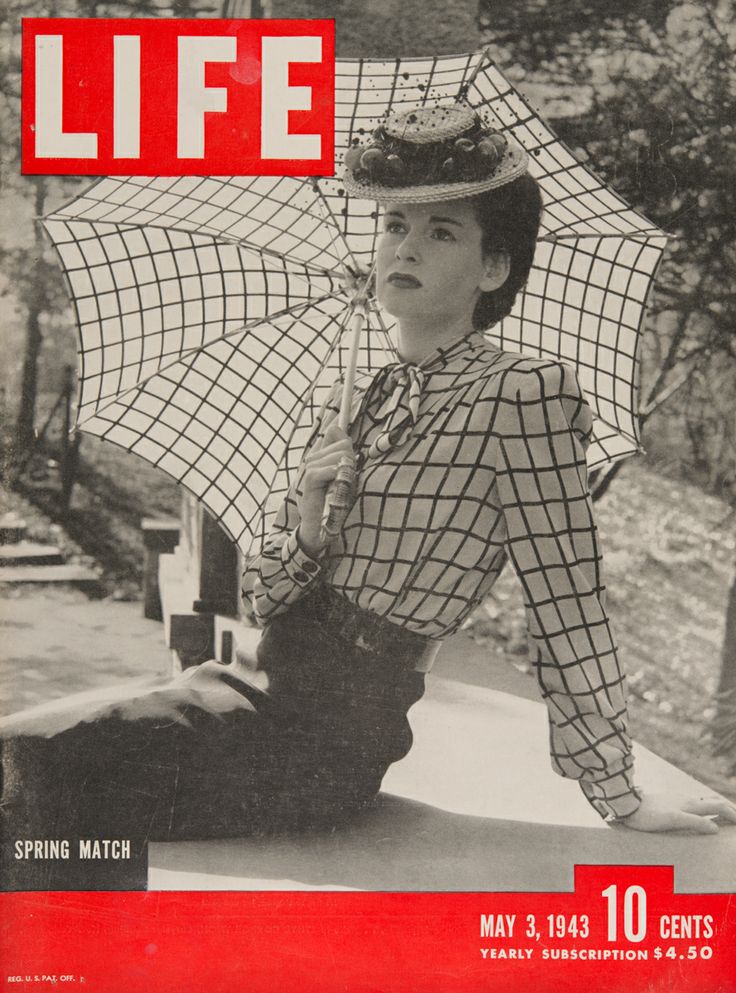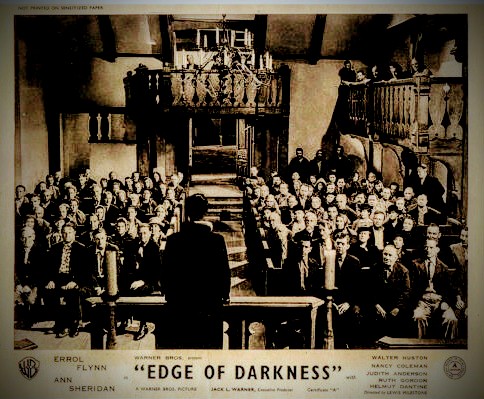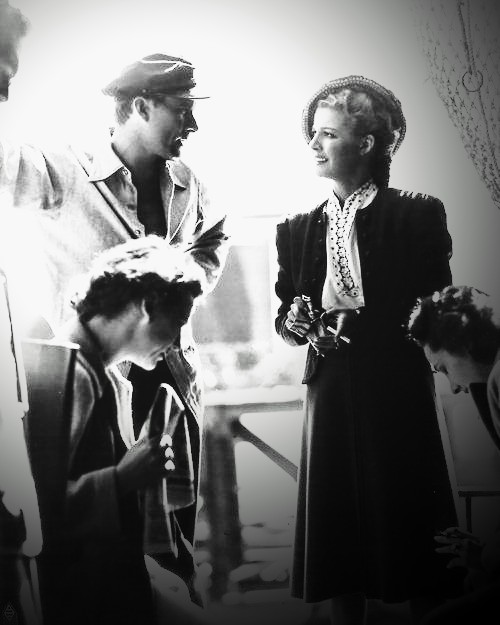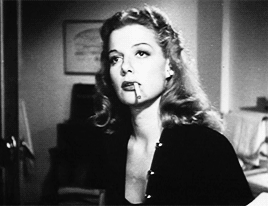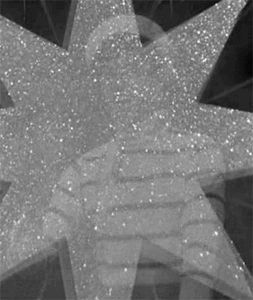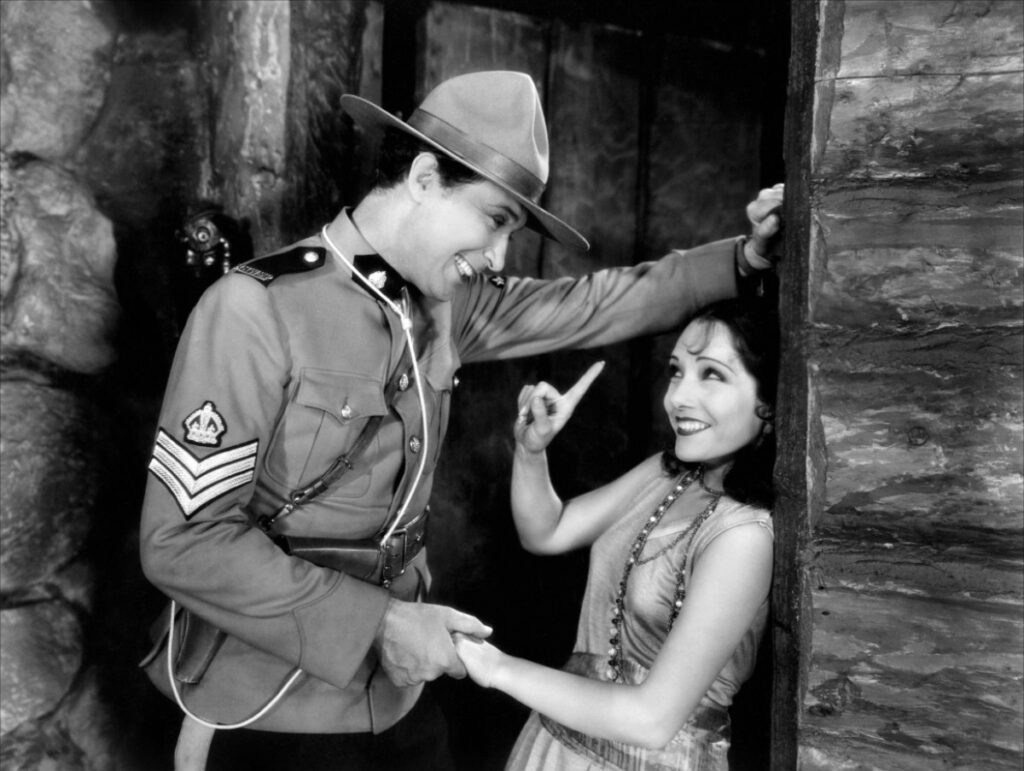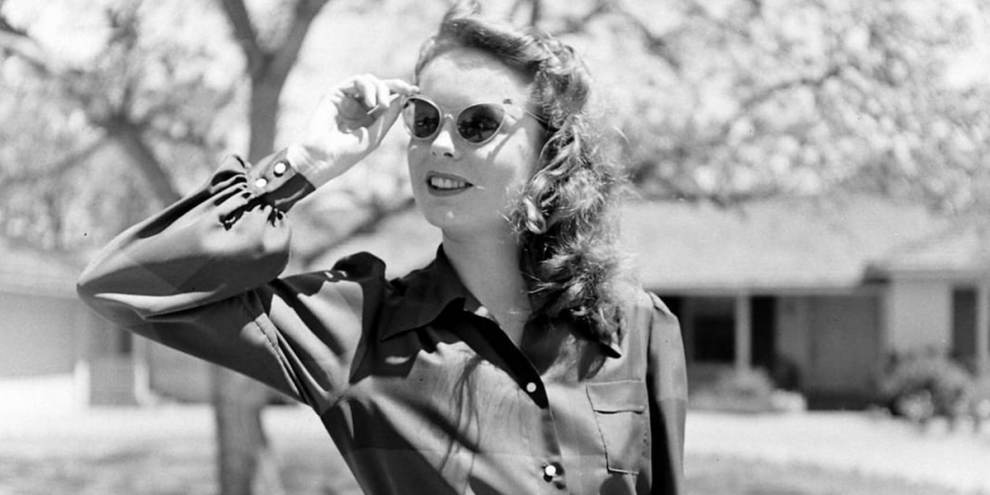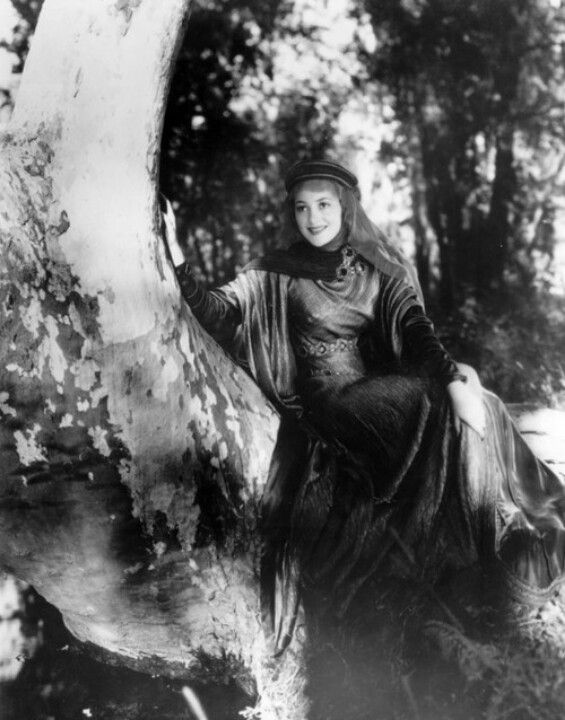
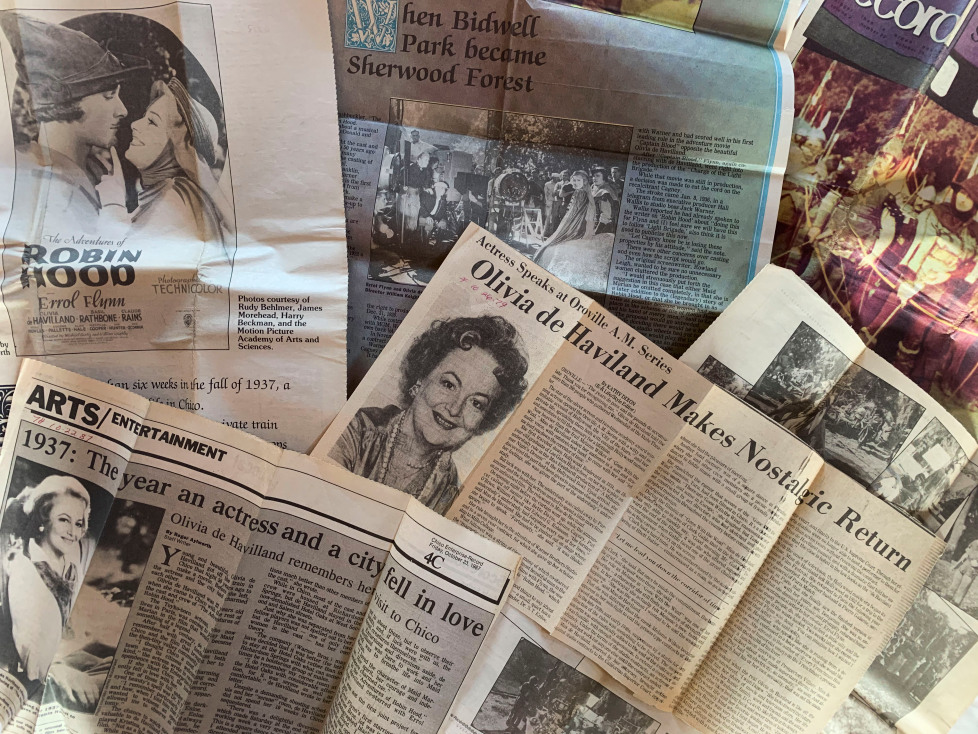
Olivia de Havilland starred as Maid Marian in the 1938 “The Adventures of Robin Hood,” which was filmed in fall of 1937 in Bidwell Park in Chico. (Enterprise-Record files)
Chico was charmed by Olivia de Havilland, and she by Chico. She graced Bidwell Park in the form of Maid Marian, but it was not Bidwell Park. It was Sherwood Forest in the 1938 classic “The Adventures of Robin Hood.”
It was in late September 1937 that she descended the train into Chico as a 22-year-old. The trees were aflame with orange, red and yellow tinges.
The train held not only her, but all the stars, technicians and props Warner Bros. needed to create a miniature Hollywood set on the banks of Big Chico Creek.
“I thought Chico a most charming town and its citizens welcoming and kind,” de Havilland wrote in a 1987 correspondence with the Chico Enterprise-Record from Paris.
The headquarters were set up in the form of tents by Sycamore Pool. Bidwell Park became a medieval forest.
According to a Sept. 15, 1937 Chico Record clipping, the park had been discovered by a Warner Bros. location scout and film director William Keighley.
“There was no location in California that could compare with Bidwell Park. I can’t understand why Chico has not been discovered before as a site for movies. I must confess my ignorance,” Keighley said.
“When Robin Hood was named for production, I thought a trip to the East or at least the Midwest would be necessary. I did not have any idea that anything such as Bidwell Park existed.”
More than 100 extras were hired for $10 a day. If someone was willing to let actor and famous archer Howard Hill shoot their padded body with an arrow, they could earn an extra $150 a day.
The film had an original budget of $1.25 million, yet it rounded the $2 million mark, making it the most expensive film Warner Bros. had produced to that date.
In an October 1987 interview with this newspaper, the late television director and producer Rudy Behlmer said, “(de Havilland) was so beautiful then, the rest of the cast, the breadth of the staging. There wasn’t anything you could point to and say, ‘Well, that didn’t work very well.’”
One reason the aesthetic was so appealing was the new three-strip Technicolor process used to create it. Three separate strips of film were exposed simultaneously in the same camera, providing rich color on screen.
“This was the best example of that early Technicolor process with the forest scenes and the costumes and so on. And it is still considered one of the best examples of Technicolor,” Behlmer said.
After six weeks of shooting, de Havilland, as well as the rest of the crew, left Chico on Nov. 9, 1937, to the sight of 500 well-wishers gathered at the train station to bid them adieu. The Chico High band played music for them. The north section of Ivy Street was named Warner Street to commemorate the time of production.
It wasn’t until May 1938 that “The Adventures of Robin Hood” was released to great critical and popular acclaim. On May 14, 1938, it arrived at the Senator Theatre for a three-day run.
The actress came back to Butte County in October 1979 to speak at the Oroville State Theatre.
She remembered Chico as a small, quiet town with an “adorable little hospital.”
A 1987 E-R clipping said that one of the many locals to “fall under the dark-eyed beauty’s spell” was Doctor Newton Thomas Enloe, the founder of Enloe Medical Center. He let de Havilland witness an operation firsthand after she kindly asked.
She and other cast members attended square dances in Paradise on the weekends. The fiddle music delighted them, as did the hospitality of the locals.
“A very kind local gentleman taught me the steps and I joined in with immense pleasure,” de Havilland recalled.
During her stay in Oroville, her motel room was broken into. The doing was not that of Robin Hood. It was at 10 a.m. at the Villa Motel (now Villa Court Inn) that $4,959 worth of clothing and jewelry were stolen and the rest of her belongings scattered about.
Even so, she showed her gratitude to the audience for having her.
“Thank you for recognizing me,” she said.
De Havilland’s acting prowess, among other things, created a fairy tale out of Chico that, like her impact on Hollywood, lasts to this very day
— Tim
